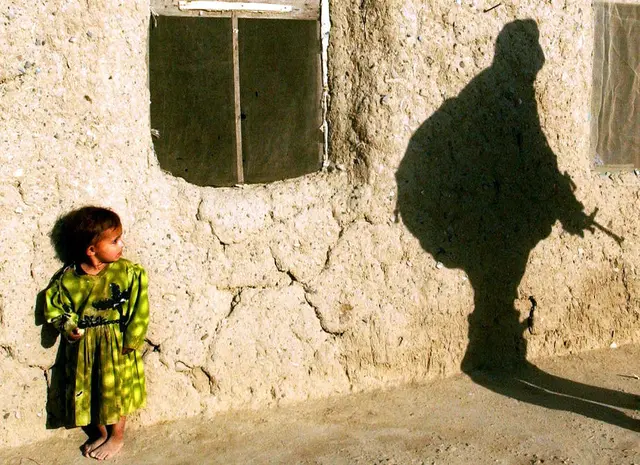Road for forming the new government was finally opened on Wednesday after Enrico Letta, a center-left politician named by President Giorgio Napolitano as the new Italian prime minister, said he will get started immediately to overcome impasse.
Soon after meeting Napolitano, Letta told journalists he would hold a round of consultations with party leaders on Thursday, a national holiday celebrating liberation day from fascist rule, and then return to the presidential palace "as soon as possible" to fully accept the mandate.
Napolitano said a "broad coalition" that can ensure a majority in both houses of parliament was the only possible step to break the unbearable stalemate Italy has been locked in since general elections produced a hung parliament two months ago.
Enrico Letta attends a press conference in Rome, Italy, April 24, 2013. (Xinhua/Alberto lingria)
Letta, a former member of the European Parliament with an advanced degree in European legal studies, served as minister for community policy at age of 32, the youngest ever to hold such a post in the country's history.
Despite the fact he has been deputy head of the Democratic Party (PD) for the past four years, he is seen as a moderate endowed with political adaptability. His uncle Gianni is a key political advisor of three-time prime minister and PD opponent Silvio Berlusconi who leads the center-right.
Letta is expected to head a cabinet of ministers selected from the entire political spectrum and technical world, which is likely to win parliamentary approval though faced with a series of obstacles in seeking cross-party consensus.
The PD, the main group in parliament, Berlusconi's People of Freedom (PdL) and the centrist Civic Choice of outgoing Prime Minister Mario Monti said the 46-year-old is very young by Italian standards but is enough experienced.
But the anti-establishment Five-Star Movement (M5S) will oppose what it defined as a "shady compromise" between incompatible parties, and the PD's leftwing ally Left, Ecology and Freedom (SEL) also refused to back the enforced deal.
Letta said he accepted the challenge "with great commitment," ruling out the prospect of fresh elections this summer that he said would produce another weak parliament.
The current times of "economic and social emergency" urge reforms, he pointed out, starting from tackling young unemployment that is pushing many Italians to leave the country.
The second most pressing question, Letta added, was the need for institutional changes to reduce the number of MPs and modify an electoral law considered largely responsible for the political impasse.
"We need to do this together with the largest participation possible," the newly named prime minister said. He called on discredited parties to put divisions aside and collaborate for a "government of service to the country" which is "fed up with political games."
Napolitano announced what he called his "confident" decision at the end of quick party consultations four days after he was reelected by parliament to an unprecedented second term amid political turmoil.
The PD former leader, Pier Luigi Bersani, tried fruitlessly to form a government last month, and resigned after internal divisions led to failure of his efforts to elect a PD-backed new president last week.
 简体中文
简体中文

